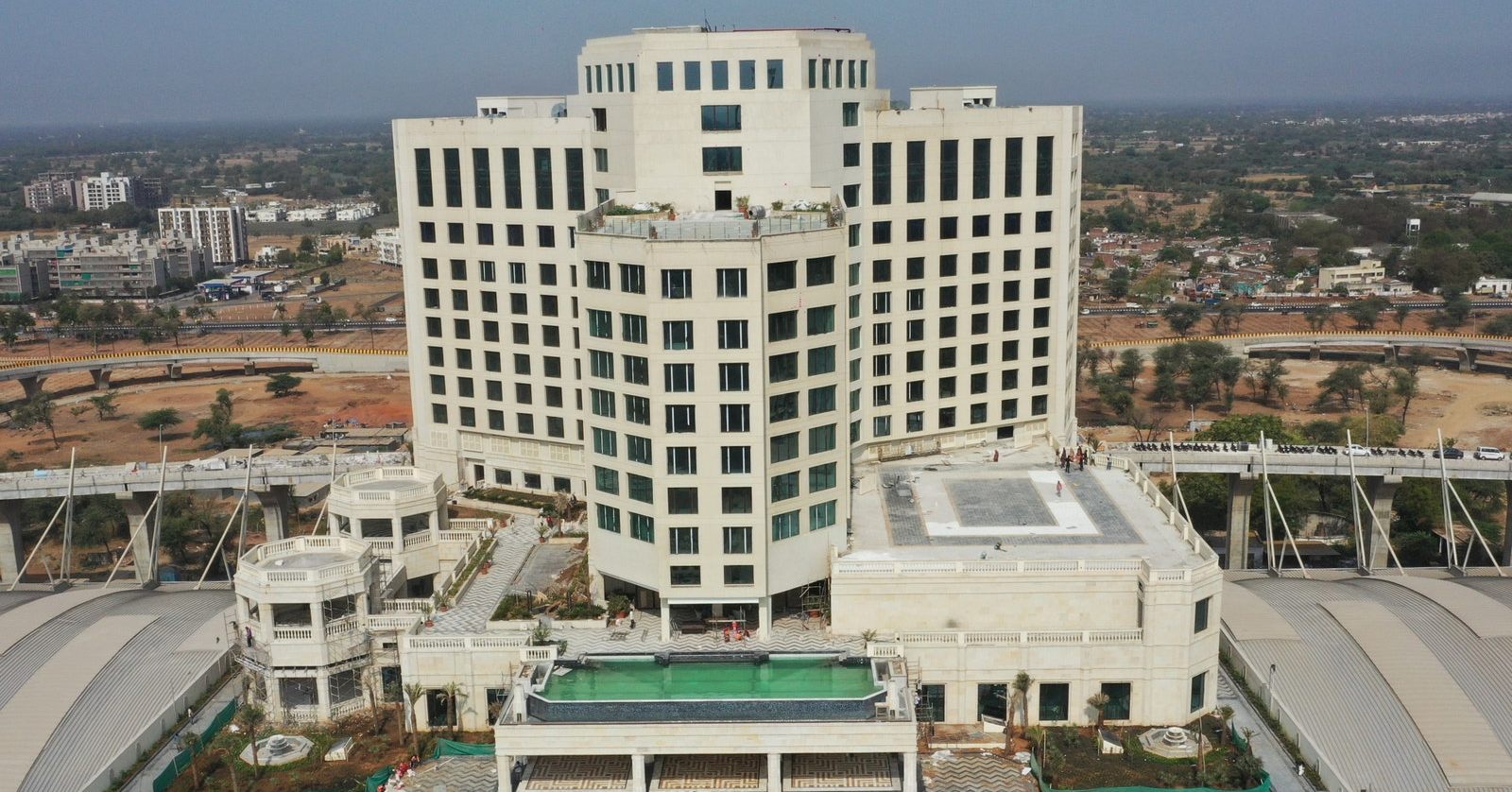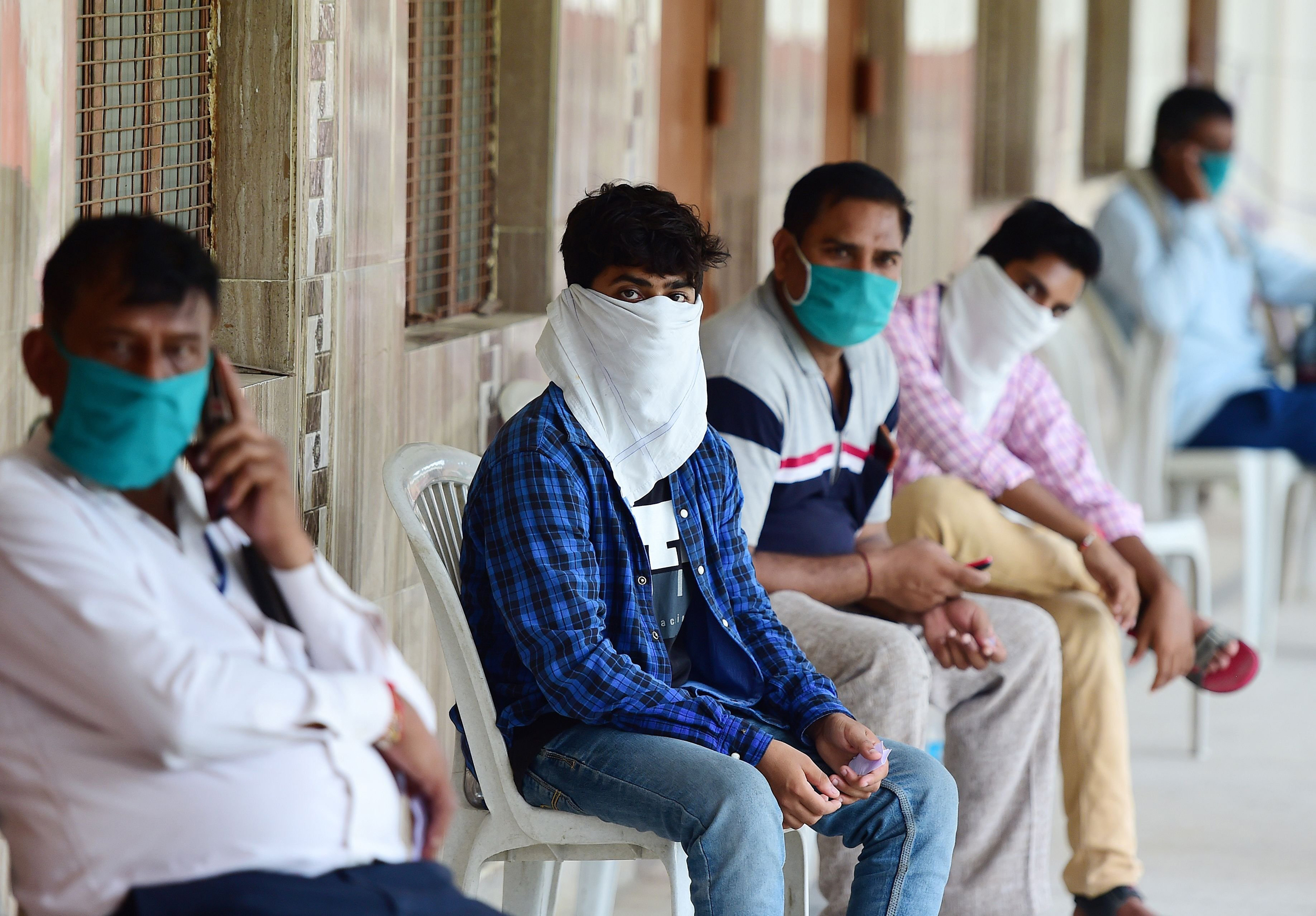Starting today, India replaces its long-standing Indian Penal Code (IPC) of 1860, Indian Evidence Act of 1872, and Code of Criminal Procedure (CrPC) of 1973 with the newly introduced Bharatiya Nyaya Sanhita, Bharatiya Sakshya Adhiniyam, and Bharatiya Nagarik Suraksha Sanhita, respectively. This move marks a significant shift in the country’s legal framework, aiming to de-colonize and modernize the criminal justice system.
Despite being cleared by Parliament and receiving Presidential assent last December, the implementation of these laws was deferred until now. The Union Government’s February notification set the stage for their enforcement from July 1. However, the transition has not been smooth, with widespread apprehension among the legal fraternity.
Prominent legal experts, State Bar Councils, and Bar Associations have voiced strong protests. The Bar Council of India, acknowledging these concerns, has proposed forming an expert committee to study the new enactments and urged lawyers to refrain from protests. The primary criticism revolves around the lack of substantial reform in the new laws, as many provisions from the old statutes have been retained, albeit with different numbering and labelling.
Critics argue that this superficial change could cause significant confusion and hardship for police, lawyers, and judges, who will have to adapt to the new sequence of the same provisions. Additionally, the coexistence of old and new laws for ongoing and pre-July 1 cases may further complicate the legal landscape.
The new provisions expanding the scope of police custody have also raised alarms. Despite these concerns, the Supreme Court has dismissed two Public Interest Litigations (PILs) challenging the new laws, citing procedural issues.
Chief Justice of India DY Chandrachud emphasized that the positive impact of these laws depends on substantial investments in infrastructure development and capacity building for forensic experts and investigating officers.
While the government remains optimistic about these changes, the legal community continues to scrutinize and debate their implications. As the nation navigates this legal transition, the effectiveness and efficiency of the new criminal laws will be closely monitored and critiqued.
For a deeper understanding and critical analysis, readers can explore the following articles and resources:
– Highlights Of Bills Replacing IPC, CrPC & Evidence Act
– Major Changes Introduced by Bharatiya Nyaya Sanhita
– Bharatiya Nagarik Suraksha Sanhita, 2023: An Overview
– Bail Provisions in Bharatiya Nagarik Suraksha Sanhita (New CrPC)
– Admissibility of Electronic Evidence Under Bharatiya Sakshya Adhiniyam (New Evidence Act)
The journey towards de-colonizing and modernizing India’s legal system is underway, but the road ahead is fraught with challenges and uncertainties.

Surjitt Sahani











